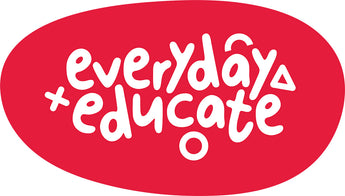Education is one of the most important factors in determining a child's future success. Unfortunately, not all children have access to the same quality of education. To create a fairer education system, we need to examine the existing barriers and find strategies to overcome them. Here are five strategies for making education systems fairer for children.
1. Improve access to education
Access to education is a fundamental right, but many children do not have the opportunity to attend school due to various reasons such as financial constraints, cultural barriers, or lack of transportation. To improve access, we need to create policies that provide free education, scholarships for underprivileged students, and affordable transportation options to school.
2. Promote inclusive education
Inclusive education is a model that emphasizes the importance of providing education to all children, regardless of their background or learning needs. To promote inclusive education, schools need to have trained teachers who can identify and address the individual needs of students with disabilities, learning difficulties, or language barriers.
3. Address systemic biases
Systemic biases in education are prevalent in many countries. For instance, gender biases can result in lower opportunities for girls, while socioeconomic biases can limit the educational opportunities for low-income families. To address these biases, we need to create policies that promote diversity, equity, and inclusion.
4. Foster parental involvement
Parental involvement in education is crucial to the success of students. Parents can support their children by creating a positive learning environment at home, monitoring their progress, and working collaboratively with teachers. Schools can foster parental involvement by providing regular updates, creating opportunities for parents to volunteer, and inviting them to participate in school decision-making.
5. Use technology to enhance learning
Technology has the potential to provide children with a more engaging and personalized learning experience. It can also provide access to educational resources that are not available in traditional classrooms. Schools can use technology to create interactive and engaging learning experiences, such as online quizzes, games, and videos.
In conclusion, creating a fairer education system requires a comprehensive approach that addresses various barriers to education. By improving access to education, promoting inclusive education, addressing systemic biases, fostering parental involvement, and using technology to enhance learning, we can create a more equitable education system that provides every child with an opportunity to succeed.



 Chat with Us
Chat with Us